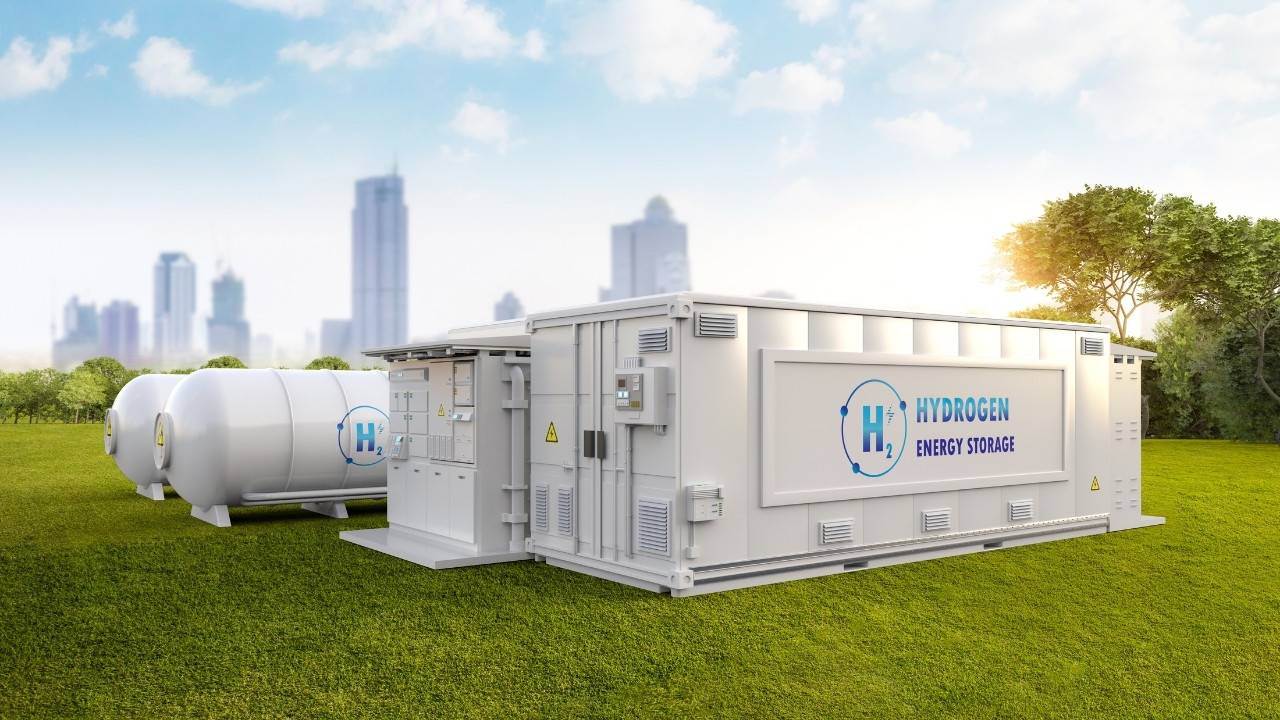In an endeavor to curb climate change and foster a green economy, the Biden administration has initiated a $7 billion program aimed at propelling the development and production of clean hydrogen fuel across the nation. This initiative forms a crucial part of President Joe Biden’s broader climate strategy, aligning with his vision of achieving net-zero greenhouse gas emissions in the U.S. by 2050.
To translate this vision into reality, the administration plans to establish seven regional hydrogen hubs. These hubs, intended to serve as a catalyst for transitioning from fossil fuels like coal and oil to hydrogen, are envisaged to play a pivotal role in the sectors of vehicles, manufacturing, and electricity generation.
The seven hubs, encompassing projects in 16 states, are not merely a step towards environmental sustenance but are also expected to galvanize more than $40 billion in private investments. Moreover, they are projected to create tens of thousands of well-paying jobs, with a significant number being union positions.
The President, while announcing this initiative in Philadelphia, underscored the transformative potential of these hubs in fortifying a “stronger, energy-secure economy” and in tackling the “existential threat of climate change”.
According to CNN,
The projects under this initiative are distributed across various states including California, Washington, Minnesota, Texas, Pennsylvania, West Virginia, and Illinois. The hubs in all states except California and Texas are multi-state projects. The initiative is backed by the Infrastructure Law signed by President Biden in 2021, which earmarked billions for clean hydrogen development.
The overarching objective is to hasten the availability and utilization of hydrogen, which is already a fuel source for some vehicles and trains. This initiative has set a competitive stage for states and businesses vying for federal dollars, all under the aegis of a new Energy Department program designed to form regional networks of hydrogen producers, consumers, and infrastructure.
Among the notable projects are the Appalachian Regional Clean Hydrogen Hub based in West Virginia and the Philadelphia-based Mid-Atlantic Clean Hydrogen Hub. The former is poised to receive up to $925 million in federal funding, marking a significant stride towards making West Virginia a new epicenter for hydrogen in the United States.
On a similar note, the Mid-Atlantic hub, encompassing New Jersey and Delaware, is set to receive $750 million, with a focus on hydrogen production through electrolysis—a process that entails splitting water molecules using renewable energy sources such as wind, solar, and nuclear power.
President Biden’s hydrogen hubs initiative underscores a balanced approach towards environmental sustainability and economic revitalization, reflecting a long-term vision of fostering a green economy while creating numerous job opportunities.
More inspiring green news similar to this:

